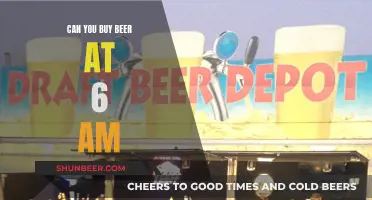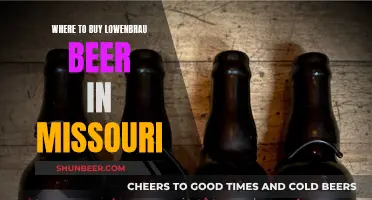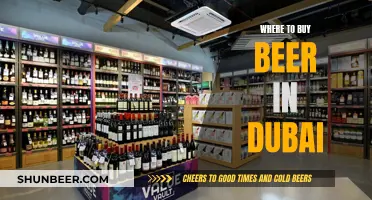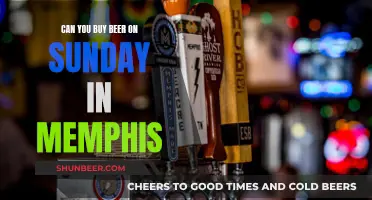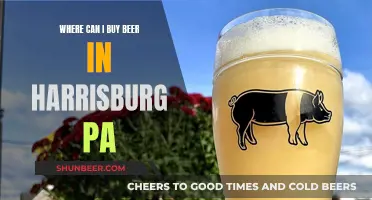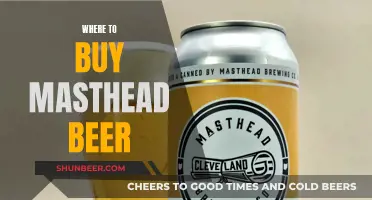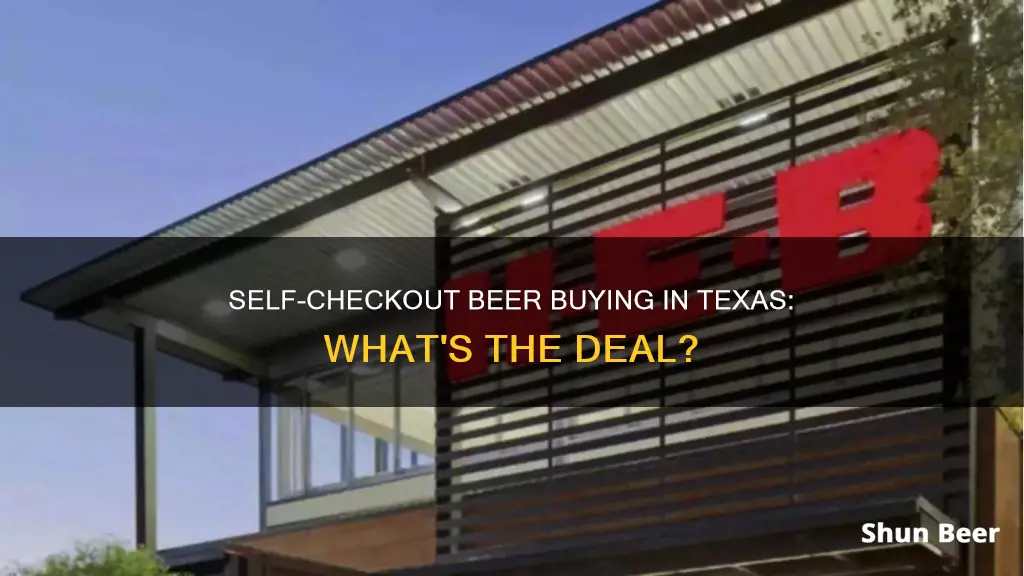
Texas has a number of laws and regulations regarding the sale of alcohol. While there are no statewide bring-your-own-beverage (BYOB) laws, it is illegal to bring alcoholic beverages onto the premises of a holder of a Mixed Beverage Permit or Private Club Registration Permit. Beer, wine, and liquor are available in Texas, although some counties are dry counties. The Texas Alcoholic Beverage Code allows city councils or county commissioners to adopt a local ordinance prohibiting the sale of alcoholic beverages within 300 feet of a public or private school, church, or public hospital. The distance from a school can be increased to 1,000 feet under certain circumstances. The legal hours of sale and service of alcoholic beverages vary depending on the type of license or permit held by the establishment, with on-premises license or permit holders allowed to sell alcohol Monday to Friday from 7 a.m. to midnight, Saturday from 7 a.m. to 1 a.m. on Sunday morning, and Sunday from noon to midnight. Off-premises beer/wine license or permit holders are allowed to sell alcohol Monday to Friday from 7 a.m. to midnight, Saturday from 7 a.m. to 1 a.m. on Sunday morning, and Sunday from 10 a.m. to midnight.
In terms of self-checkout, it appears that this varies depending on the store and location. For example, some Costco locations in Texas prohibit the purchase of alcohol at self-checkout, while others allow it. Similarly, Target stores in Texas may allow alcohol purchases at self-checkout, but this could vary depending on the state and local laws.
What You'll Learn

In Texas, self-serve alcohol is available at some bars
In Texas, there are a few bars that allow customers to pour their own drinks. Salute Wine Bar in Dallas, for example, offers 40 different types of wine from vineyards in France, Spain, and California, ranging in price from $2 to $10 per glass. Customers can pour themselves 1, 3, or 5-ounce drinks.
Another self-serve bar in Texas is Hoppin' in Fort Worth, which offers a variety of beers. After grabbing a pint glass, customers tap their "smart" wristband on a sensor to unlock the taps and pour themselves a glass. The wristband also keeps track of how much beer the customer has poured, charging them by the ounce.
These self-serve bars offer a unique experience where customers can choose their preferred drink and pour size without having to wait for a bartender.
Liquor Store Beer Buying: What's the Deal?
You may want to see also

Beer and wine are considered malt beverages
In Texas, beer and wine are considered malt beverages. A malt beverage is a fermented drink where the primary ingredient is the grain or seed of the barley plant, which has been allowed to sprout slightly through malting before being processed. Beer is the most common malt beverage, and it is made by naturally fermenting barley sugars with hops. In the United States, the term "malt beverage" is often used by trade associations of beer wholesalers to improve their professional image, for legal reasons, or to avoid the negative connotations associated with beer in a particular region.
Malt beverages can also be made from other grains, malted or unmalted, and other carbohydrates. They may be flavoured with food products (natural flavours) suitable for human consumption. The product may be alcoholic or have its alcohol removed. In the US, federal taxation rules classify all beers as malt beverages.
In Texas, a malt beverage is defined as a fermented beverage containing 0.5% or more of alcohol by volume that is brewed or produced from malt or a malt substitute. This includes both beer and ale. Before 2021, beer and ale were considered separate classifications in Texas. However, state law now recognises them as malt beverages.
Beer is typically made by boiling grains such as barley, wheat, and rye to extract the fermentable sugars, and then adding yeast. This process results in a beer with an alcohol content that averages between 4.5% and 8%. On the other hand, malt liquor has a higher alcohol content, typically exceeding 12%, as brewers add more sugar to achieve a higher level of alcohol.
While the term "malt beverage" encompasses a wide range of drinks, including beer and ale, it is important to note that Texas has specific regulations and classifications for alcoholic beverages.
Buying Beer at Alabama Football Games: What's the Deal?
You may want to see also

Alcohol can be sold at self-checkout in Texas Target stores
Alcohol laws vary from state to state in the US, and Texas is no exception. In Texas, alcohol can be purchased at self-checkout in certain stores, including Target and Costco. However, there are some important restrictions to be aware of.
Firstly, the store policies on self-checkout alcohol sales may vary. For example, some Costco stores in Texas prohibit the sale of alcohol at self-checkout, while others allow it. Similarly, Target stores in Texas may have different policies regarding alcohol sales at self-checkout. It's always best to check with the specific store you're planning to visit to confirm their policy.
Secondly, the type of alcohol being purchased may also be a factor. For instance, Texas law allows for the sale of beer and wine in grocery stores, but hard liquor can only be sold in separate liquor stores. So, if you're looking to buy hard liquor in Texas, you'll need to go to a dedicated liquor store, and self-checkout may not be an option.
Thirdly, the age of the purchaser is a crucial factor. In Texas, the legal drinking age is 21, and stores are required to check IDs to ensure that alcohol is not being sold to minors. At self-checkout, this usually involves an employee checking the customer's ID and either manually inputting their date of birth or scanning it. If the customer appears to be under the legal drinking age, the employee may need to get a supervisor's approval before proceeding with the sale.
Finally, the time of day can also impact alcohol sales in Texas. While the specific hours vary depending on the type of license or permit held by the establishment, most stores are allowed to sell alcohol between 7 a.m. and midnight from Monday to Friday, with extended hours on Saturdays and Sundays. It's important to plan your purchase accordingly to avoid disappointment.
In conclusion, while alcohol can be sold at self-checkout in Texas Target stores, it is subject to certain restrictions and store policies. It's always a good idea to familiarise yourself with the local laws and regulations regarding alcohol sales and to have your ID ready if you plan to purchase alcohol at self-checkout.
Florida's Beer Laws: Underage Drinking Loophole?
You may want to see also

In Texas, alcohol can be sold on Sundays
Texas has some unique laws regarding the sale of alcohol. Grocery and convenience stores in Texas can sell beer and wine between 7 a.m. and midnight from Monday to Friday, and 7 a.m. Saturday until 1 a.m. on Sunday morning. In 2021, the state updated its laws to allow Sunday sales to begin at 10 a.m., instead of noon.
Liquor stores are not allowed to operate on Sundays, and are only open from 10 a.m. to 9 p.m. Monday through Saturday.
In Texas, the legal drinking age is 21, and this is also the age requirement for many drinking establishments in Austin.
The sale of alcohol is prohibited on Thanksgiving, Christmas, and New Year's Day. If one of these holidays falls on a Sunday, the sale of alcohol is prohibited on the following Monday.
There are also laws regarding the proximity of alcohol sales to schools, churches, and hospitals. City councils or county commissioners can adopt a local ordinance prohibiting the sale of alcohol within 300 feet of these institutions. The distance from a school can be increased to 1,000 feet under certain circumstances.
Texas also has laws regarding public intoxication and providing alcohol to minors, with strict penalties for those who violate these laws.
While there are no statewide BYOB laws in Texas, it is illegal to bring alcohol into a bar or restaurant with a Private Club Permit or Mixed Beverage Permit.
The laws regarding alcohol sales and consumption in Texas are complex and can be confusing, but it is important for businesses and individuals to be aware of them to avoid legal consequences.
Buying Beer in Kansas: Understanding the 10 AM Rule
You may want to see also

In Texas, you can bring your own alcoholic beverage to a bar or restaurant that only sells beer/wine
Texas has some interesting laws regarding the sale and consumption of alcohol. For example, it is illegal to take an alcoholic beverage into a restaurant or bar that has a Private Club Permit or Mixed Beverage Permit. This means that you cannot bring your own alcoholic beverage into a bar or restaurant that sells distilled spirits, malt beverages, and wine.
However, if you are going to a bar or restaurant that only sells beer and wine, you are allowed to bring your own alcoholic beverage. This is known as a "Bring Your Own Beverage" or BYOB establishment. There are no statewide BYOB laws in Texas, so it is important to check with your local city or county for specific regulations.
It is worth noting that even in BYOB establishments, there are still legal hours of public consumption that must be followed. Alcoholic beverages cannot be consumed in public places before 7 am or after 2:15 am in an extended-hours area, and before noon or after 12:15 am in a standard-hours area.
In addition to the laws regarding BYOB, Texas has also recently made alcohol-to-go sales permanent. This means that restaurants and bars are now allowed to sell beer, wine, and mixed drinks for pickup and delivery orders. This change was implemented as a way to help businesses and ensure job retention.
Midnight Beer Runs in Taylor, Texas: What's the Deal?
You may want to see also
Frequently asked questions
Yes, you can buy beer at self-checkout in Texas. However, an employee will need to check your ID and approve the purchase.
When you scan an alcoholic beverage, the machine will lock up and an employee will be alerted. They will then come over to check your ID before unlocking the machine and allowing you to continue with your purchase.
Yes, some stores may have their own policies prohibiting alcohol purchases at self-checkout. For example, some Costco locations have signs indicating that alcohol cannot be purchased at self-checkout. Additionally, certain states, such as California, prohibit the sale of alcohol at self-checkout.
Yes, there are self-serve bars in Texas, such as Salute Wine Bar and Hoppin' in Fort Worth, where you can pour your own drinks without needing to go through a traditional checkout process.
Yes, there are various regulations surrounding the sale of alcohol in Texas. For example, there are restrictions on the hours during which alcohol can be sold, and establishments selling alcohol must be a certain distance away from schools and churches.


